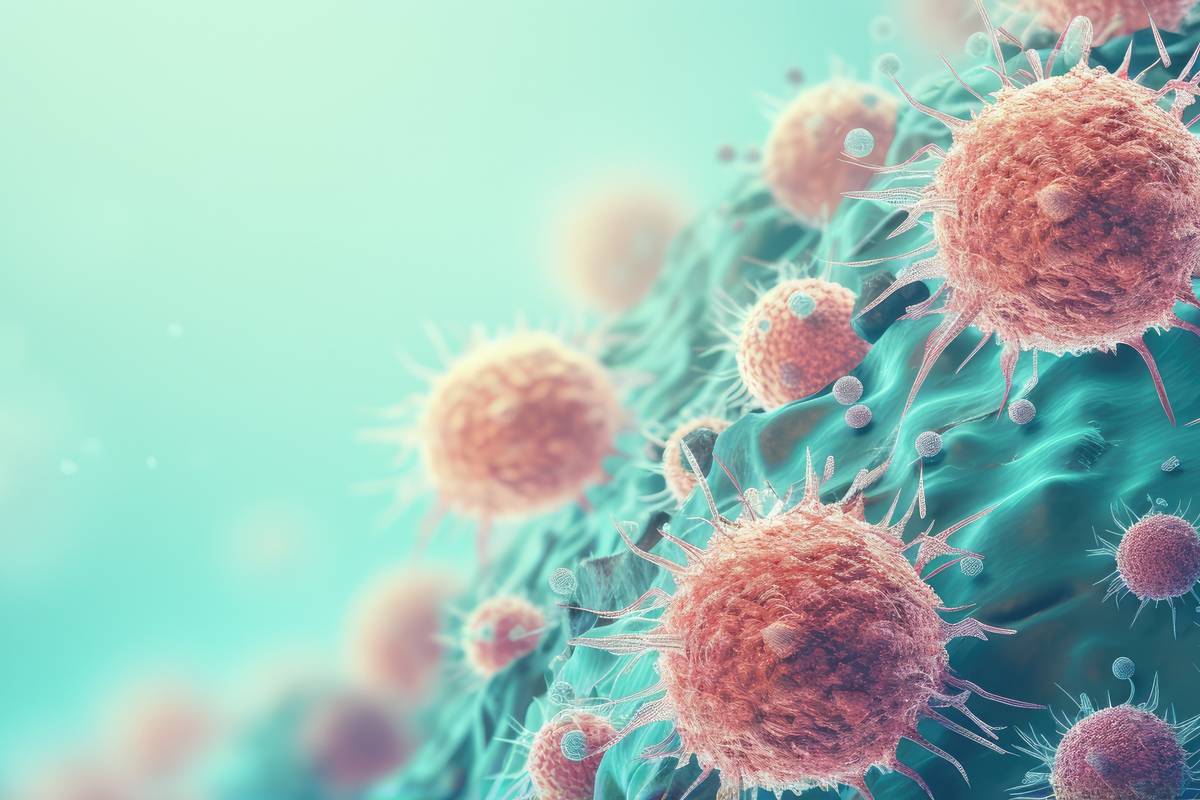Novel Breast Cancer Vaccine
Pioneers in the field of cancer vaccines have developed a dendritic cell vaccine for triple-negative breast cancer

Background
Breast cancer (BC) is the most common cancer in women worldwide; it affects about 12% of females in the United States. The global breast cancer therapeutics market is set to increase in value from $10.4 billion in 2014 to $17.2 billion by 2021. About 15 to 20 percent of breast cancers are triple-negative (TNBC), which means the breast cancer cells tested negative for estrogen receptors (ER-), progesterone receptors (PR-), and HER2 (HER2-). Women with TNBC who do not achieve a pathologic complete response (pCR; residual disease after neoadjuvant chemotherapy) have an increased risk of recurrence, decreased overall survival, and post-recurrence survival as compared to women with non-TNBC who do not achieve a pCR. Immunotherapy could be an attractive strategy for overcoming chemotherapy resistance in TNBC patients. There is a great unmet medical need for treating TNBC.
Technology Overview
Over the past 15 years, the Baylor Institute of Immunology Research (BIIR), Baylor Scott & White Research Institute (BSWRI) has been one of the pioneers in the field of cancer vaccines and has become a recognized leader in dendritic cell (DC)-based therapy.
This technology pertains to a proprietary breast cancer DC vaccine that is autologous monocyte-derived DCs loaded with two antigens found to be overexpressed in TNBC: cyclin B1 and WT1, which can induce 1) therapeutic T cell immunity by activating effector T cells and 2) protective T cell immunity by creating tumor-specific memory T cells that can control tumor relapse. The vaccine can be administered in combination with standard chemotherapy, radiation treatment, and surgery in order to improve outcomes for those treatments.
Our current on-going clinical trial at BSWRI utilizes standard preop dose-dense doxorubicin/cyclophosphamide (AC) followed by paclitaxel and carboplatin (TCb) chemotherapy, combined with DC vaccinations administered intratumorally and subcutaneously to patients with locally advanced TNBC with T3-T4 disease.
- Primary objective: to determine the safety and feasibility of this combination therapy. Clinical Outcome: 5 out of 10 recruited patients achieved pCR.
- Secondary objective (on-going study): to determine pathologic complete response rates; disease-free survival; to assess immune biomarkers of immunity (antigen-specific CD8+ T cell immunity and TH2 T cells) in breast cancer biopsy specimens and blood samples in patients receiving DC vaccinations; to assess the feasibility of immunizing LA TNBC patients with patient-specific tumor antigens.
Stage of Development
Phase I clinical trial NCT02018458
Applications
- Breast cancer vaccine
Opportunity
Baylor Scott and White are seeking licensing partners for this technology.